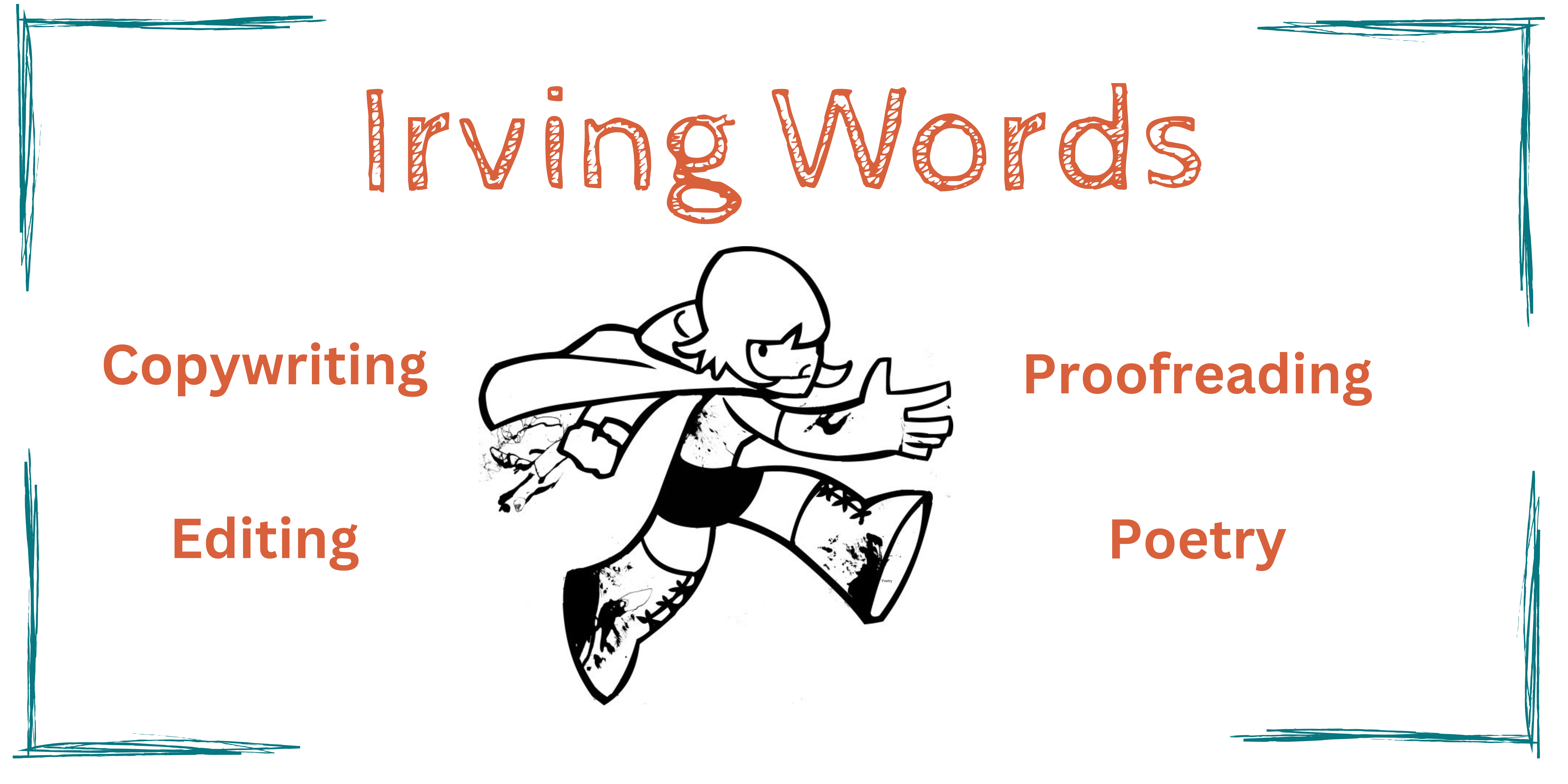When you browse the menu in a box of luxury chocolates, does the opulent copy make you drool or roll your eyes? One witty programmer is in the second camp, and he’s come up with a sweet form of satire.

I first encountered technologist and designer Tom Armitage when I interviewed him for Maker World magazine. The focus of the article was The Literary Operator, a cross-genre collaboration with sci-fi author Jeff Noon. Armitage created and programmed the Operator, a fantastic device that can scan a book in a moment and print a micro-remix of its contents. Taking inspiration from metatexts throughout history, the experiment was irreverent, sharp and audience-addicting. In addition to his literary operations, however, Tom has also been masquerading as the founder of fictional confectionary empire, Markov Chocolates.
Sound classy, doesn’t it? A spot of Moscow mystique. They’re probably served in gold-wrapped pyramids to silk-clad dignitaries by an ever-indulgent ambassador. Following them on Twitter treats the reader to mouthwatering, if completely over-the-top, descriptions of their wares. There’s just one catch: they’re not real. The company aren’t real, (brace yourself) the chocolates aren’t real and since imaginary companies don’t employ staff, there’s no earnest marketing bard coming up with those florid tweets. So what’s the explanation behind the ghost in the machine?
Obviously, it’s a bot. But this is a splendidly cheeky bot. @MarkovChocolate is a Twitter account inspired by sickly-sweet chocolate box copywriting, and run using Markov Chains. For those, like me, for whom maths is a GCSE-shaped memory, these are mathematical systems, used to model everything from games of chance to Google’s PageRank mechanism. Each chain is a memoryless process, i.e. it remembers only the last thing it created, and bases its next creation on that. So each flight of fondant fancy uses the information from its last tweet, in combination with its overall pool of gooey phrasing, to create the next micro-message. The resulting descriptions are brilliantly odd and tongue-in-cheek, yet still strangely plausible.
There’s a warning in this for copywriters. Lay off the liqueurs when composing for chocolate boxes, or you might find your florid phrasing immortalised in a Markov remix. Something a little like this, perhaps:

Can human copywriters keep up with this deluge of decadence? I say go big or go home. Dollop on the saccharine and dial down the moderation for an excellent exercise in style.
Image credits:
(i) Box of chocs courtesy of Petr Kratochvil, via publicdomainpictures.net
(ii) Twitter screencapped by author.
An earlier version of this article was originally posted on copythatcopy.com
